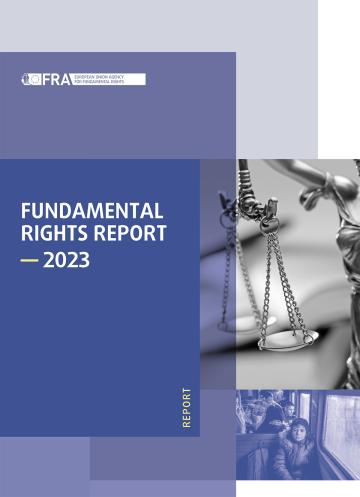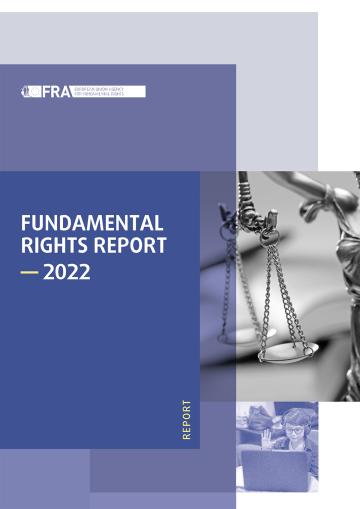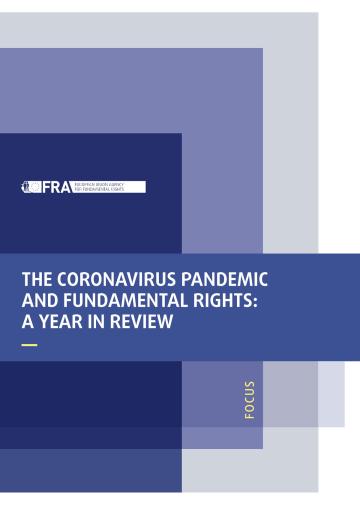1. Dans son arrêt du 9 octobre 2001 dans l'affaire C-377/98, Pays-Bas contre Parlement européen et Conseil, rec. 2001, p. I-7079, points 70, 78, 79 et 80, la Cour de justice a confirmé que le droit fondamental à l'intégrité de la personne fait partie du droit de l'Union et comprend, dans le cadre de la médecine et de la biologie, le consentement libre et éclairé du donneur et du receveur.
2. Les principes contenus dans l'article 3 de la Charte figurent déjà dans la convention sur les droits de l'homme et la biomédecine, adoptée dans le cadre du Conseil de l'Europe (STE 164 et protocole additionnel STE 168). La présente Charte ne vise pas à déroger à ces dispositions et ne prohibe en conséquence que le seul clonage reproductif. Elle n'autorise ni ne prohibe les autres formes de clonage. Elle n'empêche donc aucunement le législateur d'interdire les autres formes de clonages.
3. La référence aux pratiques eugéniques, notamment celles ayant pour but la sélection des personnes, vise les hypothèses dans lesquelles des programmes de sélection sont organisés et mis en œuvre, comportant par exemple des campagnes de stérilisation, de grossesses forcées, de mariages ethniques obligatoires… tous actes qui sont considérés comme des crimes internationaux par le statut de la Cour pénale internationale adopté à Rome le 17 juillet 1998 (voir article 7, paragraphe 1, point g).










